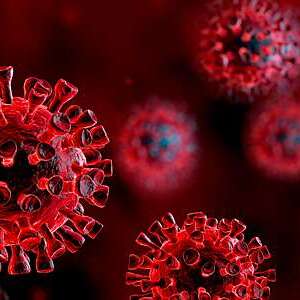Scientists urged to double-check the version of the laboratory leak COVID

19 scientists from the US and Canada wrote an open letter calling for a more thorough study of the version of the laboratory leak of the coronavirus. The text of the letter was published in the journal Science.
The authors of the letter write in a report by the World Health Organization (WHO), which was released at the end of March following the results of an investigation aimed at establishing the origin of the SARS-CoV-2 coronavirus that caused the pandemic.
“While no results were presented to support natural transmission of the virus or accidental laboratory release, the team rated human transmission via an animal intermediary
as “most likely” and laboratory release as “highly unlikely.” Moreover, both of these theories have not received a balanced consideration. Only four of the 313 pages of the report and its appendices were devoted to a possible laboratory accident, ”the scientists note. In addition, they recall, WHO Director-General Tedros Ghebreyesus pointed to the unworthiness of the evidence reviewed in the report confirming the laboratory leak, and called for further investigation into the causes of the virus.
Biologist linked the spread of coronavirus in Russia with rain
“As scientists with relevant experience, we agree with the WHO Director General, the US and 13 other countries, as well as the European Union, that it is necessary and possible to achieve greater clarity regarding the origin of this pandemic,” the scientists said. “We must take hypotheses about both natural and laboratory causes of the origin of the virus seriously until we have sufficient data.” According to scientists, the investigation should be transparent, objective, and should be carried out by independent experts in order to "minimize the consequences of a conflict of interest."
Among the signatories are Jesse D. Bloom, Professor of the Department of Genomic Sciences at the University of Washington, Ralph S. Barik, Professor of the Department of Microbiology and Immunology at the University of North Carolina at Chapel Hill,
Pamela Bjorkman, Professor of the University of Southern California and the California Institute of Technology, and other scientists from the USA, Canada, and the UK. .




























































